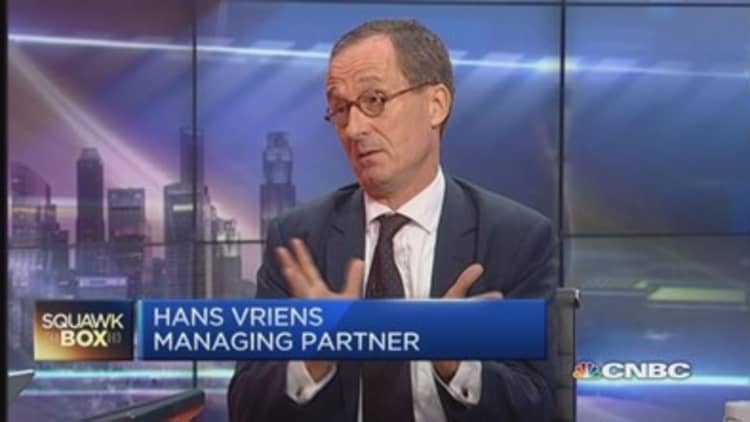
Malaysia has suffered a rocky start to 2015 with lower oil prices and sharp currency depreciation weighing on the crude exporting economy. Now, experts anticipate political trouble amid speculation the country's leader may resign.
Over the weekend, former leader Mahathir Mohamad demanded that current Prime Minister Najib Razak step down to "save the country" and ensure the survival of the United Malays National Organization (UMNO), the ruling political party that both Razak and Mohamad are members of. Mohammed was Malaysia's longest-serving Prime Minister from 1981 to 2003 and despite being retired, he remains a powerful figure within UMNO whose opinions carry significant weight, analysts say.
"The fact that [Mohamad] has come out so strongly, I think the current prime minister is now almost a dead man walking. It's the end of his tenure," Hans Vriens, managing partner at corporate advisory firm Vriens & Partners, told CNBC on Monday.
"What's interesting is that this is the third time that Mahathir has acted on his anointed successor...It seems very difficult how Razak will survive this battle," Vriens added. In 2009, Mohamad turned against his handpicked successor Abdullah Badawi following weak election results, which propelled Razak to power.
Global investors have been monitoring Prime Minister Razak's efforts to rein in Malaysia's current-account deficit, seen by the implementation of a goods and services tax this month, so any change in party leadership could have an impact on capital outflows.
Pressure mounting
Mohamad's verbal attack on Saturday was the latest in a series of criticisms towards Razak. Last week, the 89-year old wrote on his blog that "UMNO members and their leaders must realize that they will lose if Najib leads UMNO [into 2018 elections]." Indeed, the current prime minister has been on the radar since UMNO recorded a dismal performance in the 2013 general election.
Scandals like the failure of state-owned investment firm 1Malaysia Development Berhad (1MDB) to repay an $11 billion debt and the 2006 murder of a Mongolian national, an incident linked to a Malaysian purchase of French submarines, are also undermining Razak's regime, Mohamad pointed out.
If Razak does step down, Minister of Defense Hishammuddin Hussein could be his successor, suggested Ei Sun Oh, senior fellow, S Rajaratnam School of International Studies at Nanyang Technological University.
Hussein, who is also Razak's cousin, has been widely touted as the country's next potential leader. In a survey conducted by the Merdeka Center earlier this year, 20 percent of Malaysians selected him as their favorite candidate.
No bold action yet
For now, Prime Minister Razak enjoys strong popularity that should support him during this crisis, said Ei Sun Oh, noting that during a March political gathering, 160 out of 190 division chiefs pledged their loyalty to Razak.
"UMNO leadership is not entirely up to Mahathir. Najib is not like his predecessor Abdullah Badawi, who was soft. Najib is much firmer in terms of clinging onto power. Mahathir's influence within the party has now become largely symbolic," he said.
Amarjit Singh, senior analyst for country risk at IHS, doesn't believe Mahathir's comments threaten Razak's position presently. He notes that Malaysia's political opposition looks increasingly fractured, which puts UMNO in a position of power so party members may not want to rock the boat with a change at the helm.

